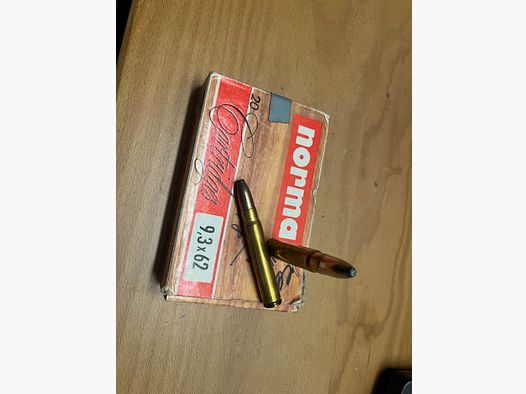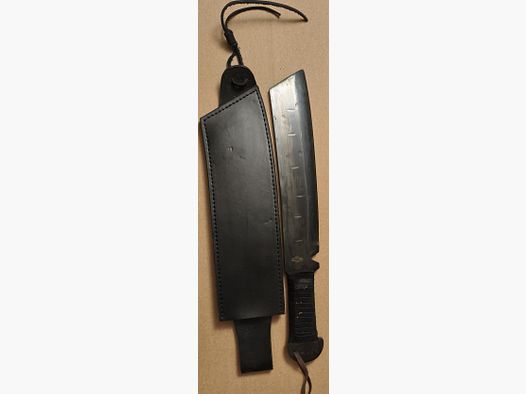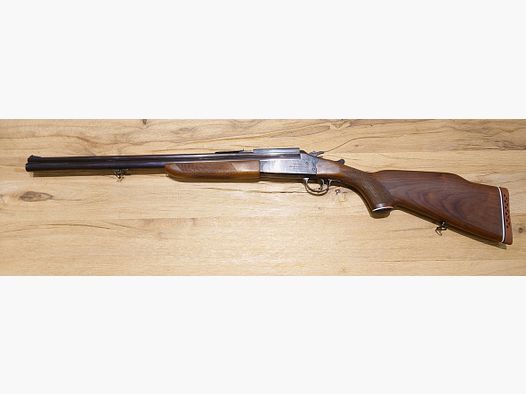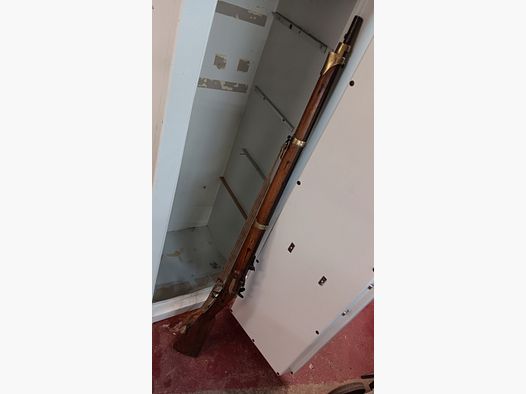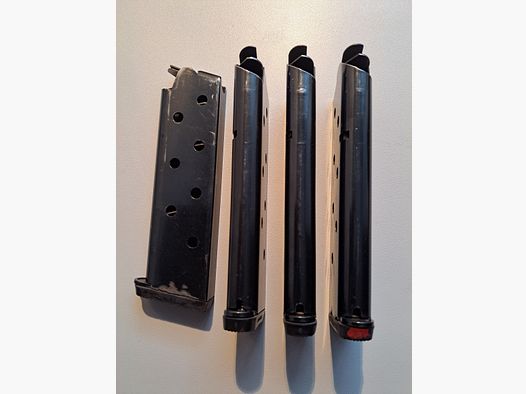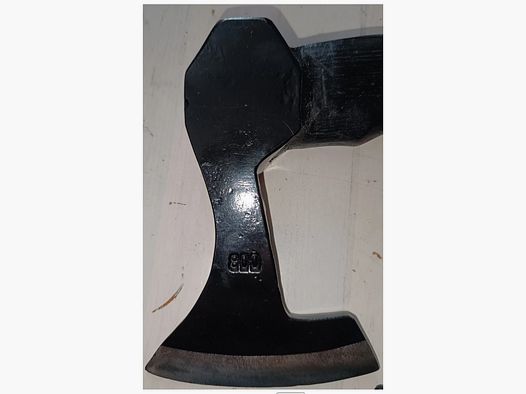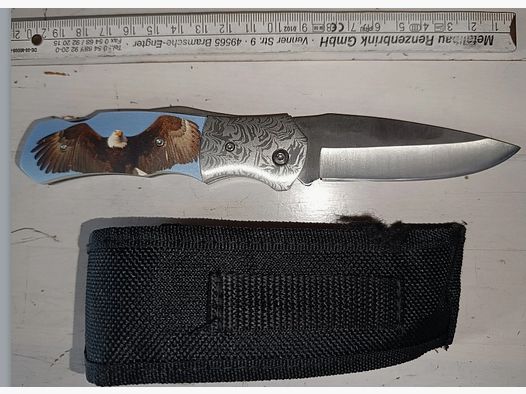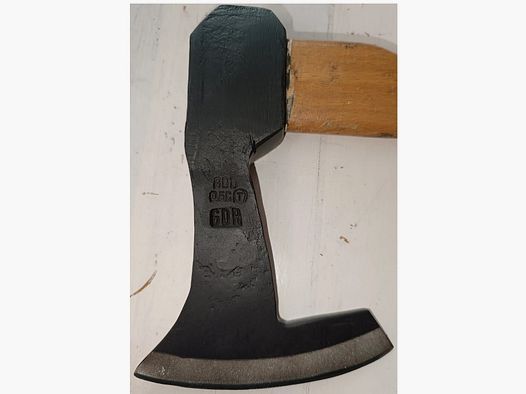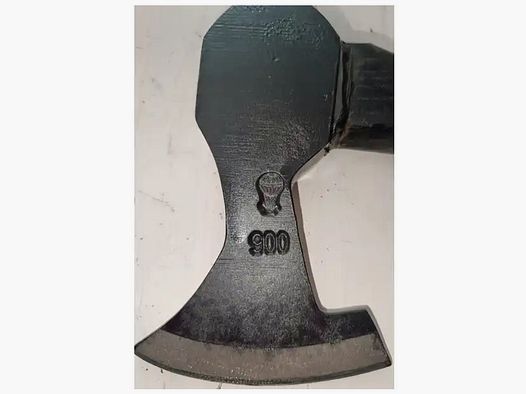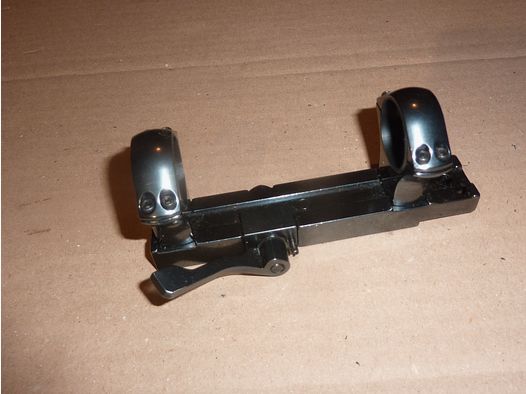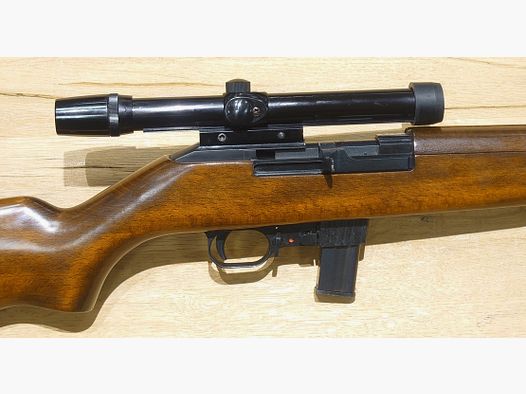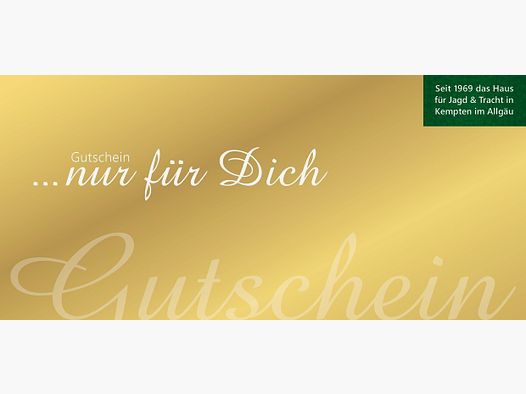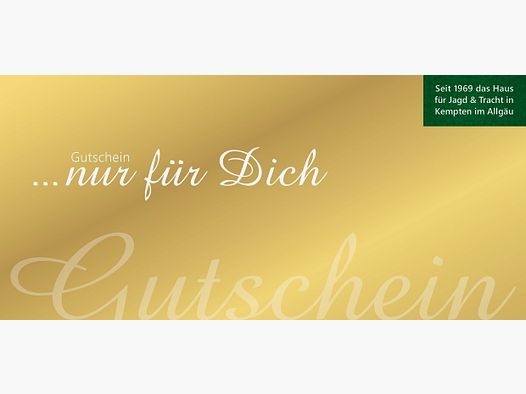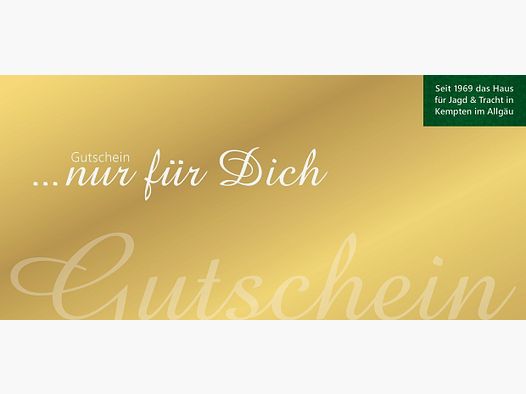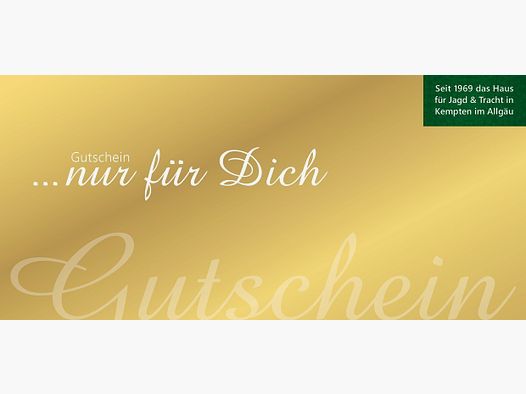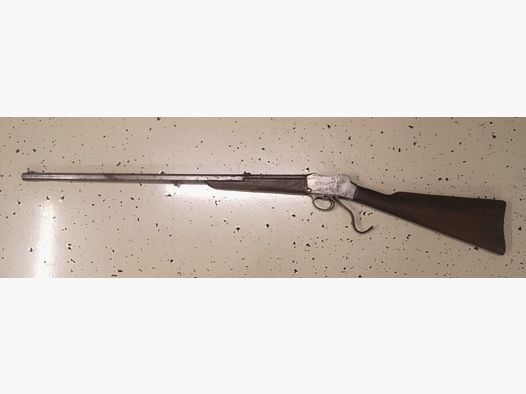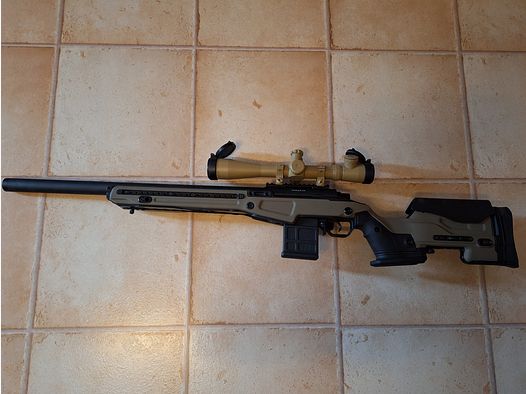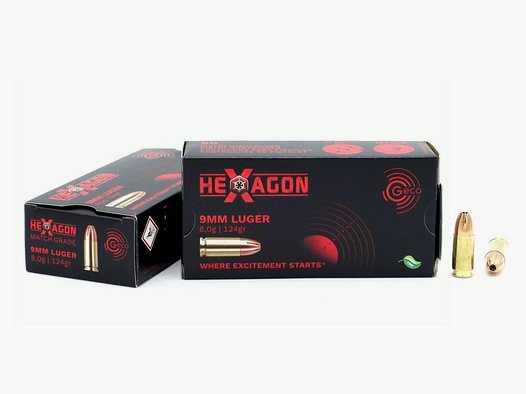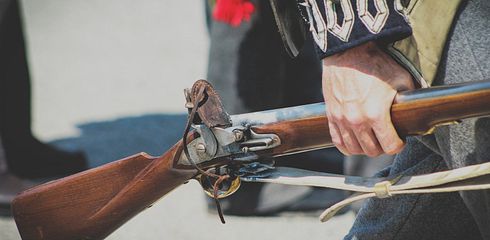The Purchase of Weapons - Interpretation and Definition of Terms
If you prefer to leave the bureaucracy of selling weapons to others, a weapon purchase is the best option for you. This is usually carried out by licensed dealers or an authorized intermediary. Transparency and a simple process make it easier for you to sell, which can be overwhelming between two private individuals due to legal regulations. However, even with a weapon purchase through dealers, not everything that is desired is possible.
For example, a purchase should not be confused with a weapon depot: When purchased by the authorized entity, the weapon completely transfers to their ownership and may therefore also be resold.
Who is allowed to purchase weapons?
In principle, your used weapon can also be purchased by a private individual, provided they have the necessary permissions. In such a case, you and the buyer are responsible for all official procedures and the verification of ownership permits, prior entries, acquisition extensions, and other criteria.
The safer and less risky way leads to the weapon dealer, who acts as the weapon purchaser. When purchased through them, you must provide your NWR IDs; centrally issued and unique identification numbers assigned specifically to you, your weapon, or your weapon-related document. The dealer takes care of the rest and simplifies the process and administration of selling the weapon.
Another option is so-called weapon recyclers. They are often used in inheritances when the weapon is not to remain in the family. The term "weapon recycler" is very flexible, and they do not necessarily have to engage in the trade of weapons. They cooperate with dealers or shooting clubs but can also independently destroy or render weapons unusable.
What are the advantages and disadvantages of a weapon purchase?
Instead of waiting for months for a reliable - and above all, authorized - private buyer, dealers buy your weapon directly upon presentation. Alternatively, you can have it picked up from its location - in both cases, you receive your money immediately in cash. Along with the purchase, a condition check usually takes place, and if necessary, a general overhaul follows.
If the weapon is in a rather repair-needy condition, the amount of money you receive for it will be correspondingly lower. The buyer incurs a higher maintenance effort to make the weapon - if at all possible - saleable. Usually, after an initial inspection, there is also a consultation. Not everyone is aware of the true value of a rare or old weapon and is informed before making a hasty decision. If the decision is still in favor of the transaction, the purchaser - unless private - also takes care of the re-registration.
Valuation of Used Weapons
When purchasing, the value of your used weapon is determined by several factors:
- Condition and functionality
- Age
- Manufacturer and model designation
- Intensity of demand or rarity
- Category affiliation
- Caliber size
- Any accessories or missing individual components
By being careful, maintaining, and cleaning, you can still increase the value.
Can you also sell a used weapon abroad?
If you want to sell your weapon within Germany, the effort is relatively manageable. It looks different for an export; that is, if you want to sell the weapon abroad. Because here, not only the laws applicable in Germany must be considered, but also those of the country to which the weapon is to be imported. In addition to your own documents, you will need a few more:
the European Firearms Pass - a "passport" for all registered firearms
an export permit from the German side
an import permit from the country where the weapon is to be delivered
Here, too, processing through a dealer in Germany and one abroad simplifies things and is preferable to private export - the administrative and organizational effort for private individuals is so great that it is no longer in proportion to processing through dealers.




